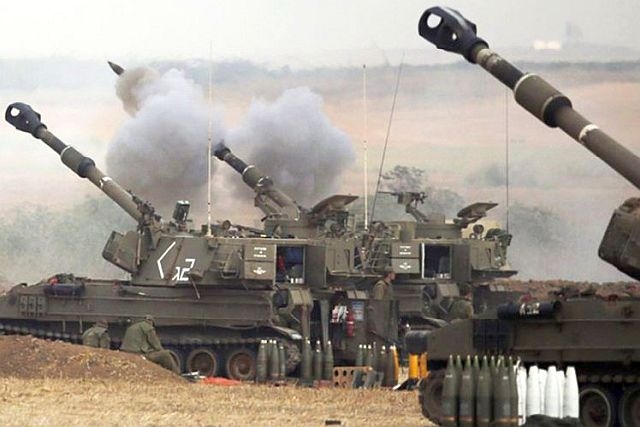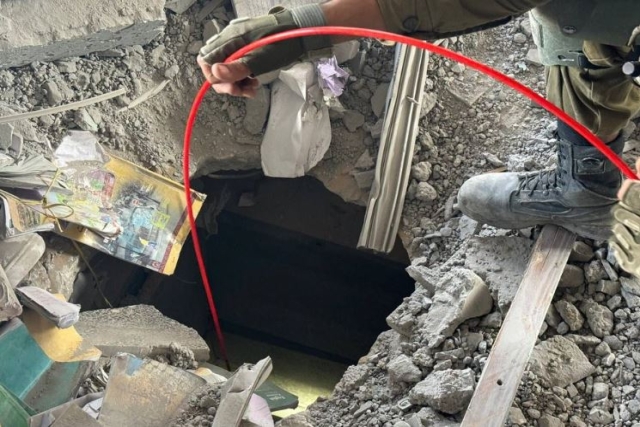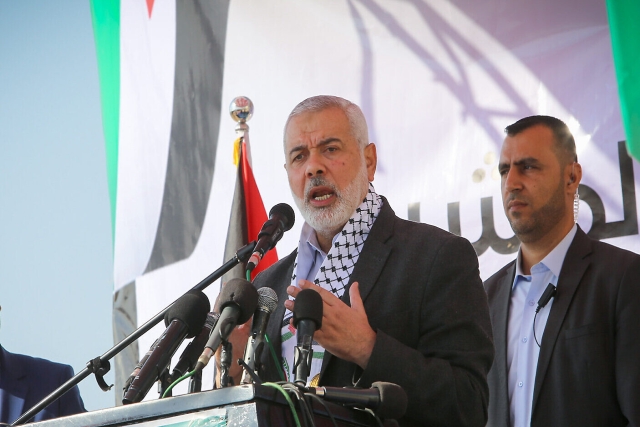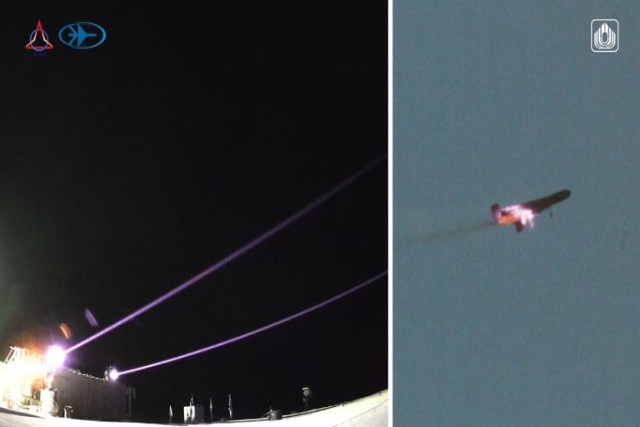ISIS: Hamas ‘Sacrificing’ Gazans for Iran’s 'Regional Project'
Last week, ISIS claimed responsibility for the explosion at the Solemani Tomb
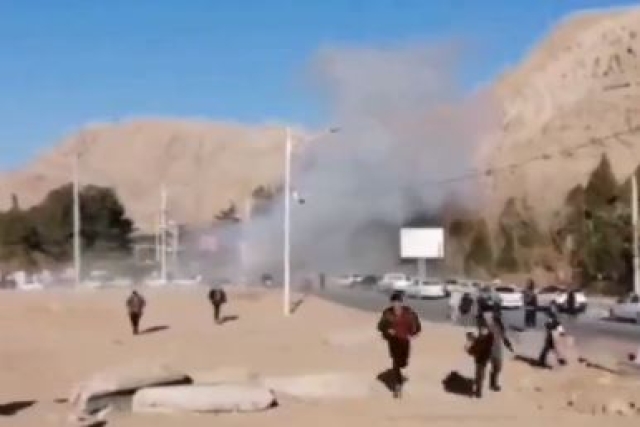
The official spokesman for the Islamic State militant group (ISIS), Abu Hudhayfa al-Ansari, reportedly released a speech condemning Hamas, accusing the Palestinian group of sacrificing the people of Gaza for Iran's "regional project."
This comes in the wake of the deadliest attack in Iran since the 1979 Islamic Revolution, for which ISIS has claimed responsibility.
On January 4, ISIS issued a statement through official channels, revealing that two of its members, Omar al-Muwahid and Saifallah al-Mujahid, carried out a suicide bombing near the grave of Iran's late leader Qassem Soleimani in Kerman. The attack targeted a procession mourning Soleimani's fourth death anniversary, killing more than 300 people, according to ISIS. However, Iranian emergency services reported a death toll of 84, with hundreds more wounded.
The attack coincided with heightened tensions in the region due to the ongoing war in Gaza between Israel and the Palestinian Hamas movement. Iranian officials, while condemning the attacks as "terrorist acts," linked them to alleged attempts by "Zionists" to stir up unrest in the Islamic Republic.
ISIS has a history of criticizing Hamas, Iran, and Israel, considering them as factions contrary to its ultraconservative interpretation of Islam.
In a separate audio statement issued last week, ISIS spokesperson Abu Hudhaifa al-Ansari called on Muslims worldwide to launch attacks on Jews, Christians, and Shiite Muslims, accusing Hamas of committing a "sin" by aligning with Tehran.
The late Qassem Soleimani, a prominent Iranian military leader, played a crucial role in combating ISIS in Iraq and Syria. Despite his efforts against the militant group, Soleimani faced accusations of exploiting sectarian tensions. His death in a U.S. strike in January 2020 exacerbated tensions in the region.
This recent attack further intensifies the cycle of violence, occurring amid a broader backdrop of regional conflicts involving Iran-aligned actors, attacks on Israel, and U.S. efforts to deter and respond to threats in Iraq, Syria, and Yemen. The situation remains fluid, with regional stakeholders closely monitoring developments and assessing their implications on an already volatile geopolitical landscape.

